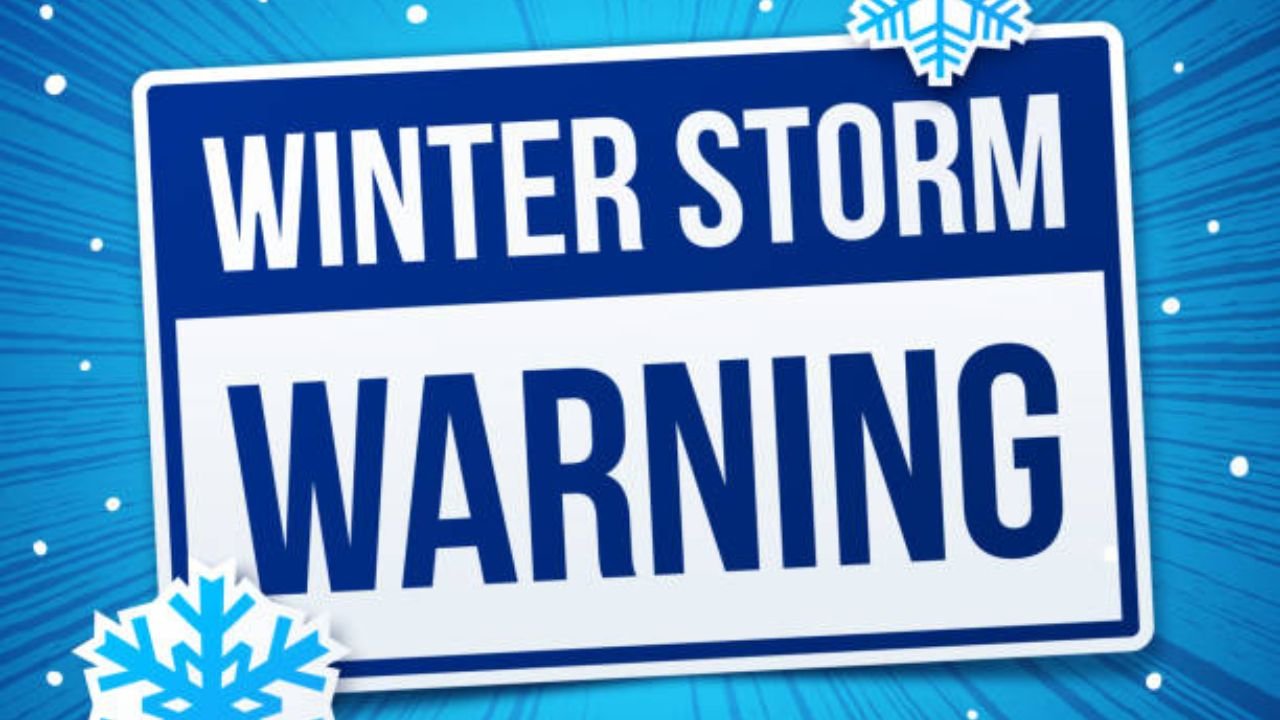U.S. Weather Alert: First Coast-to-Coast Snow Event Signals Early Winter Shift From Oregon to Maine

PORTLAND, OREGON — A sprawling winter weather system stretching more than 2,000 miles from the Pacific Northwest to New England is sweeping across the United States, bringing snowfall, rain, and gusty winds from Thursday through Friday, according to the National Weather Service (NWS).
The coast-to-coast event marks one of the first major signs of winter, affecting states from Oregon to Maine and signaling a widespread pattern shift toward colder, stormier conditions.
Two Storm Systems Collide Across the U.S.
Meteorologists report that two separate storm systems are expected to interact over the continental U.S., creating travel disruptions and dropping temperatures across multiple regions.
In the Pacific Northwest, a Pacific storm will move inland Thursday, delivering heavy mountain snow, gusty winds, and valley rain across Oregon, Washington, and Idaho.
The National Weather Service in Portland has issued winter travel advisories for major passes including Snoqualmie, Santiam, and Government Camp, warning motorists to expect slick roads and limited visibility.
“Motorists should expect hazardous driving conditions, especially through Cascade passes,” the NWS warned.
Meanwhile, in the Northeast, a secondary system is sweeping through New England, producing light snow and rain showers across Maine, Vermont, and New Hampshire through Thursday night.
Regional Impacts and Snowfall Totals
Forecasters expect light to moderate snow accumulations across northern states, with heavier snowfall confined to higher elevations in the Cascades, northern Rockies, and northern New England highlands.
Even though this will not be a major snowstorm, it will mark the season’s first measurable snowfall for many communities in the northern U.S.
Across the Upper Midwest, colder air trailing behind the front could trigger scattered snow showers across Wisconsin, Minnesota, and northern Michigan late Thursday into Friday.
“This setup will deliver the season’s first measurable snowfall for many northern states,” an NWS meteorologist said. “Even small accumulations could make for slippery commutes and changing road conditions.”
Travel and Safety Concerns
The National Weather Service urges drivers across northern and mountain regions to prepare for hazardous travel conditions. Even light snow accumulation can lead to icy roads, poor visibility, and flight delays during peak travel hours.
Key areas of concern include:
- Cascade and Blue Mountain passes in Oregon and Washington
- Idaho Panhandle highways through the northern Rockies
- Northern New England routes in Maine, Vermont, and New Hampshire
Air travel disruptions are also possible at Portland International Airport (PDX) and Seattle-Tacoma International Airport (SEA), where gusty winds may create challenges for takeoffs and landings.
The Science Behind the Pattern Shift
Meteorologists say this coast-to-coast setup represents a classic early-November transition, as the jet stream begins to reconfigure into a winter pattern.
A strong Pacific jet stream is fueling moisture-rich systems into the western U.S., while a dip in the jet stream over the central and eastern states allows Arctic air to surge southward.
“We’re seeing the first alignment of cold Arctic air meeting Pacific moisture,” the NWS explained. “This combination will keep snow chances active across much of the northern tier through mid-November.”
By Friday, the western storm will weaken as it moves eastward, while the eastern system drifts into the Atlantic. In its wake, temperatures will remain 10–15°F below normal across the Pacific Northwest, northern Plains, and New England.
What to Expect Through the Weekend
Residents across the northern half of the U.S. should brace for a stretch of cold, blustery weather heading into the weekend:
- West Coast: Mountain snow and chilly rain through Friday
- Midwest: Scattered snow showers and falling temperatures
- Northeast: Gusty winds and light snow across New England
The NWS advises residents to check local forecasts and plan travel accordingly, especially in areas where elevation changes can rapidly alter road conditions.
From Maine to Oregon, this coast-to-coast winter system marks the first widespread snow event of the season, ushering in a new phase of colder, stormier weather for millions of Americans.
While accumulations may remain light in most areas, the event serves as a clear signal that winter has officially arrived — and more storms could soon follow.
How is the early winter weather affecting your area? Share your local photos, updates, and experiences with ChicagoMusicGuide.com.
